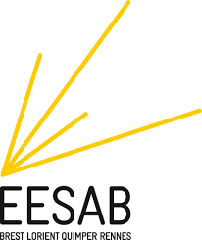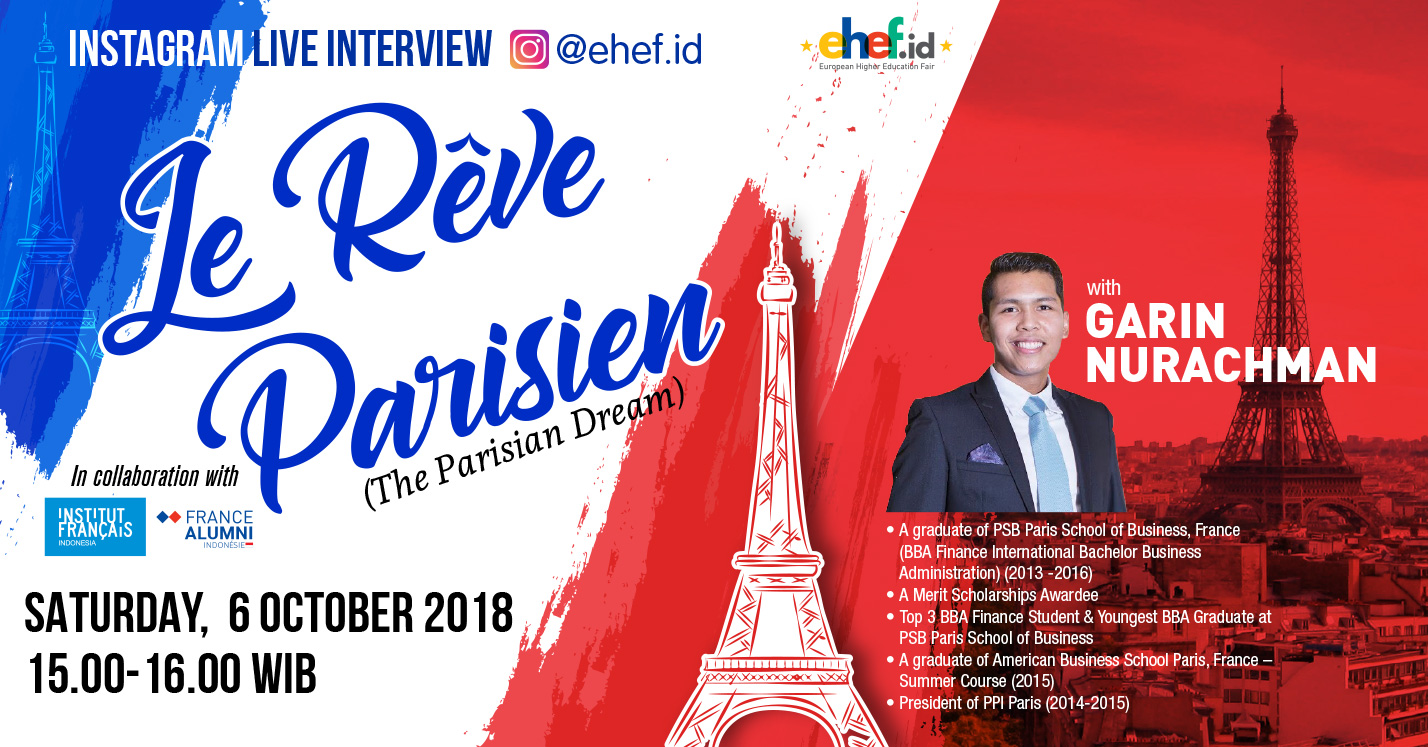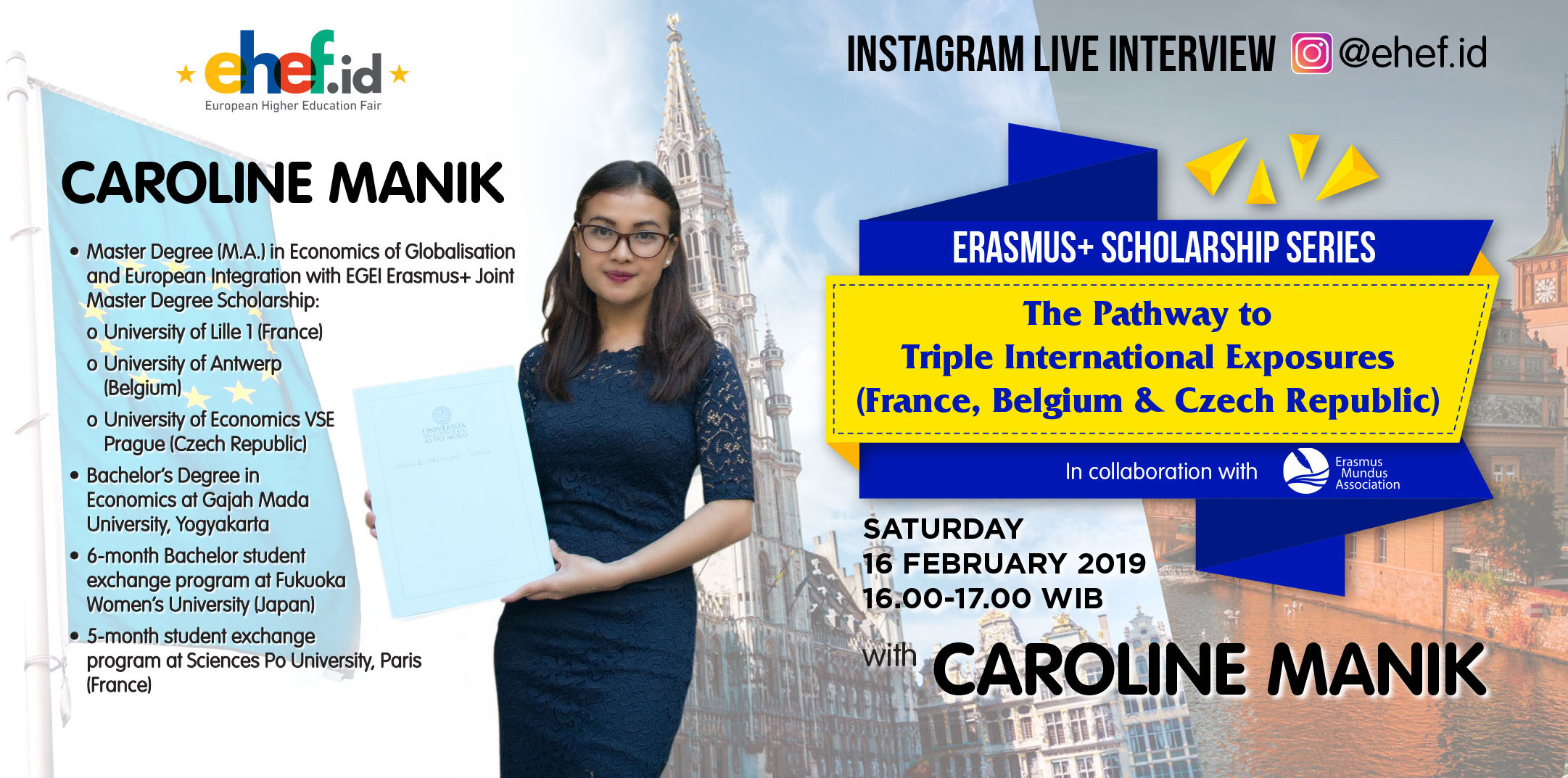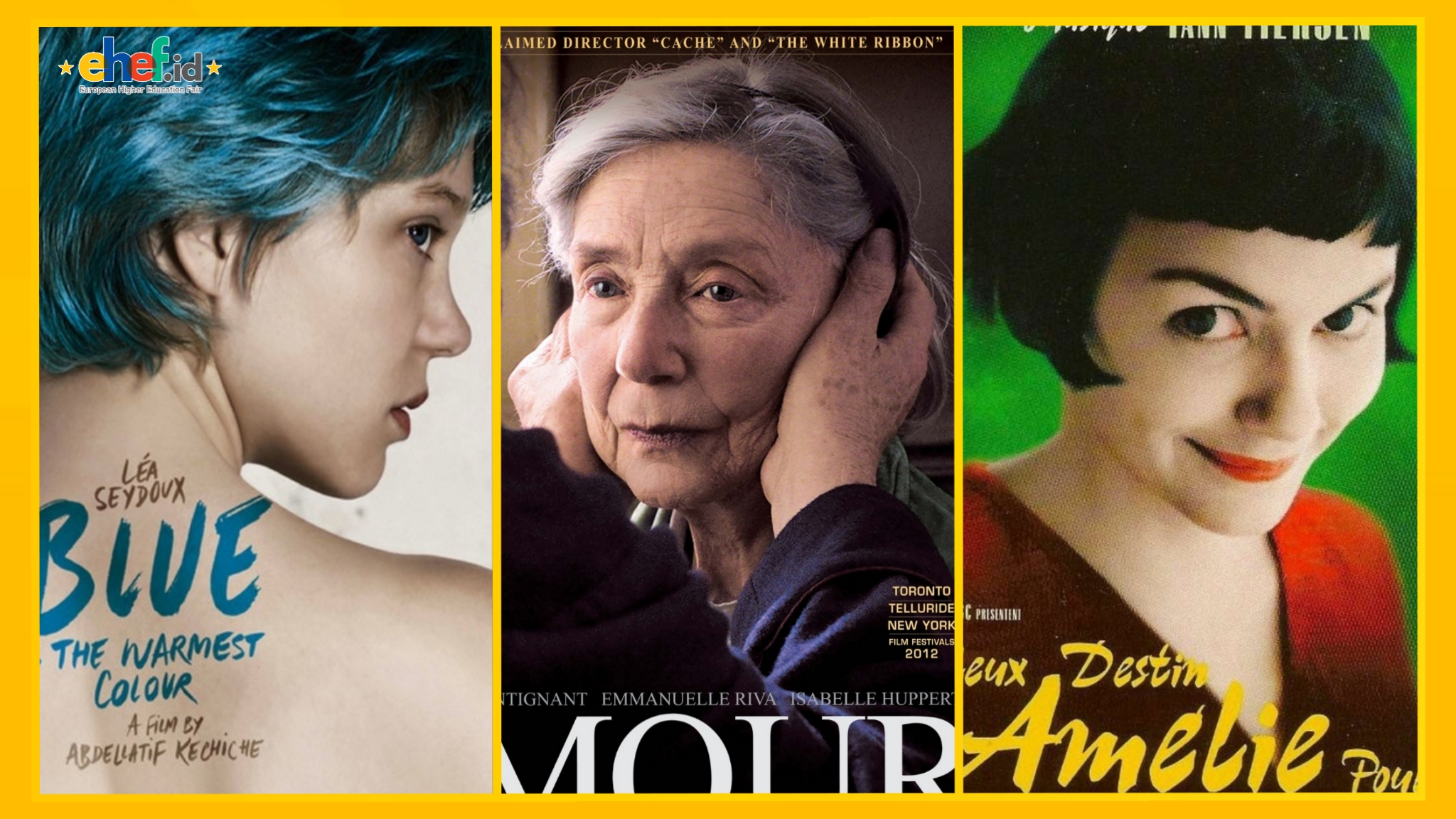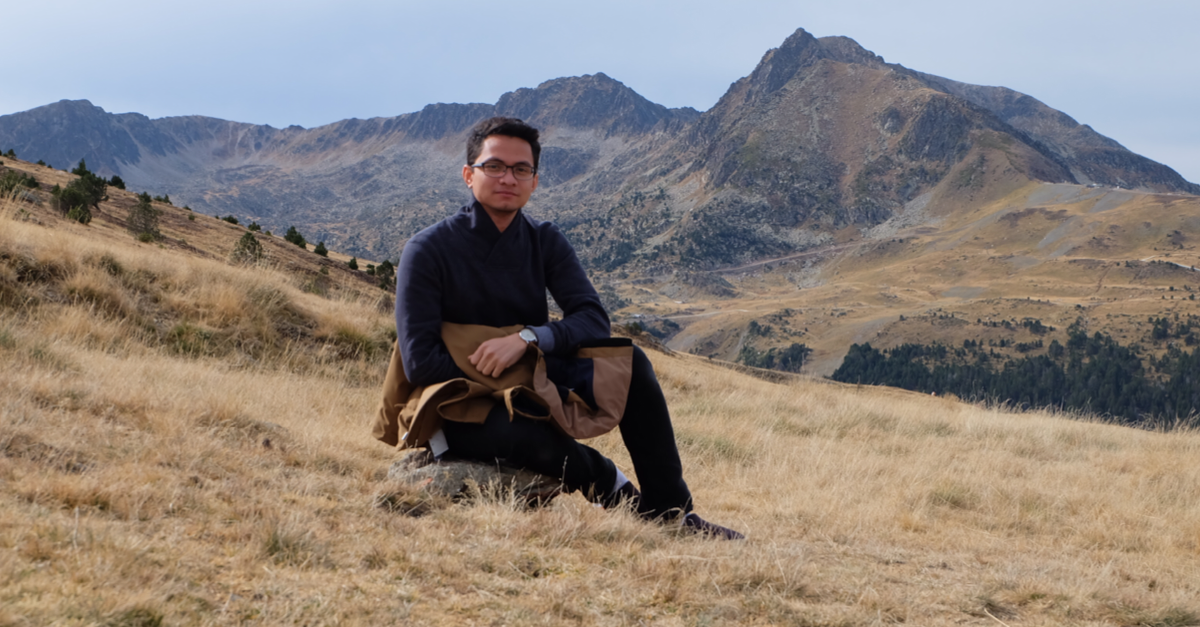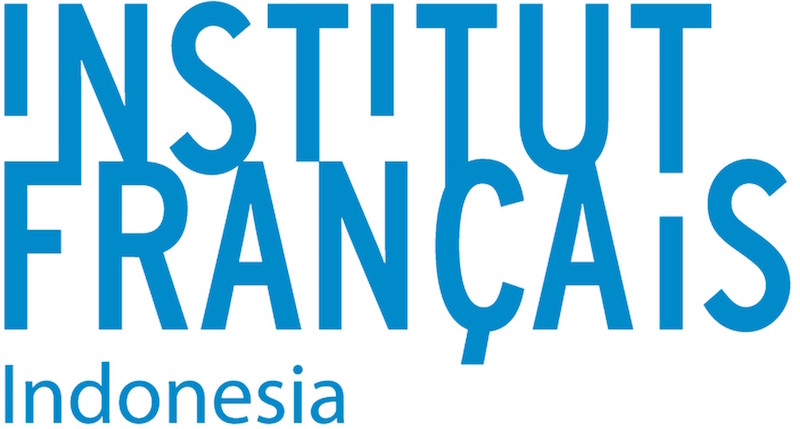
Study in EESAB - Brest - Lorient - Quimper - Rennes
Last edited on 28 Feb 2026
"EESAB’s project aims to promote and further reinforce these teaching approaches, enlisting staff in the quest for innovative solutions that will help students achieve a deliberately and distinctively high level of autonomy. The three basic teaching principles are as follows: a syllabus that progresses from learning the basics through to autonomous research a balance between group dynamics and personal research, in which each student is engaged in line with their needs teaching based on experimentation – from the point of view of students and teachers alike. Drawing on its four campuses and their specific characteristics, the school’s teaching project presents a mosaic of teaching that is constantly being adjusted and enriched to provide clearer training, new postgraduate training options, new opportunities for mobility, and more help in launching artistic and professional careers."
"Art school teaching methods enable students to develop their own individual approach. Various forms of learning and experimentation enable students to construct their personal trajectories. Each student’s timetable alternates between different aspects: Traditional ingredients such as theory classes, techniques, workshop practice, methods, etc. Group sessions to share experience, knowhow, and cross-cutting practices, geared to learning and developing critical analysis as well as to artistic experimentation, through seminars, meetings with artists, workshops, hubs, ARCs, research programmes, etc. Opportunities for gaining professional experience and doing practical work off-site: placements, contests, external projects, study trips, exhibitions, etc. There is also time set apart for research. EESAB conducts various research programmes in partnership with local, national and international organisations. Work in these programmes is organised with the students themselves and takes a variety of forms, raising students’ awareness of artistic research and driving current research projects."

